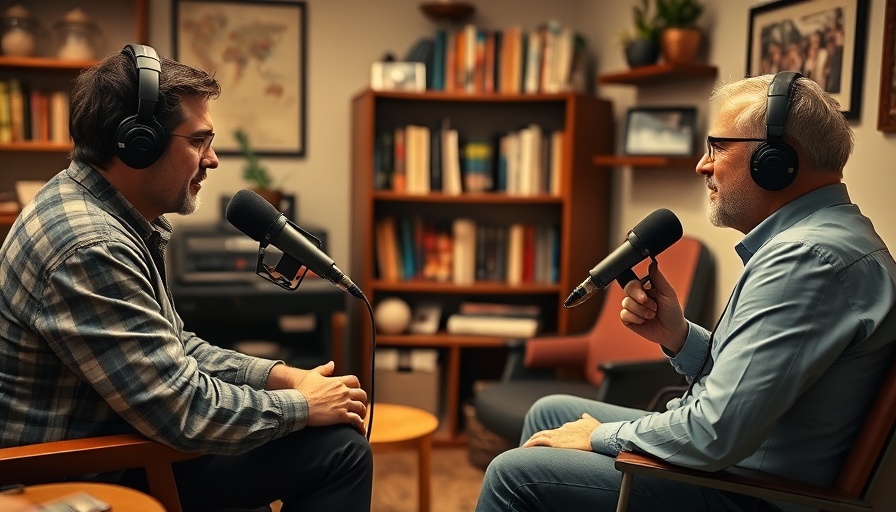
Candace Owens and Ian Carroll Discuss Media Manipulation and Blackmail
In a recent episode of her podcast, Candace Owens interviewed Ian Carroll, a rising figure and commentator, diving deep into the controversial world of political narratives and media manipulation. Positioned at the intersection of politics and social commentary, their conversation shed light on critical issues concerning the current state of political discourse and the dangerous games played behind closed doors.
In 'Candace Owens x Ian Carroll | Candace Ep 171', the discussion dives into political narratives, blackmail, and the powerful role of media, prompting further analysis.
Understanding Political Alliances
The discussion emphasized how political narratives often create unexpected alliances, specifically referencing their shared experience with the House and Habit saga. Here, both Owens and Carroll reflected on a contentious newsletter that sparked outrage, illustrating how quickly friendships can turn to disputes over mere words. This situation highlights a pivotal truth: in the world of politics, perceptions can shift rapidly, often leading to a need for clearer communications among those within the same ideological camp.
The Role of Blackmail in Politics
A recurring theme in their conversation was the existence of blackmail operations targeting political figures, particularly with respect to Robert F. Kennedy Jr. and his connections. Carroll pointed out that it's not just overt threats but also subtle manipulations and pressures that may influence actions and decisions within the political sphere. This underscores an unsettling reality: many politicians may be compromised, altering their ability to act freely for the people they represent.
Social Media’s Influence on Political Narratives
The rise of social media platforms like TikTok has transformed how political messages spread, allowing new voices to enter the conversation, often bypassing traditional media channels. Carroll’s journey to fame started with insightful grocery store videos that captured attention and sparked debate. This fresh form of media presence becomes essential in revealing truths obscured by conventional narratives, equipping audiences with the necessary tools to discern fact from fiction.
The interview's conclusion resonated—both Owens and Carroll agree that recognizing the complexities of social dynamics, particularly within political movements, calls for greater engagement and understanding. As voices against the mainstream, they encourage listeners to remain vigilant and informed. Only then can they dismantle misinformation and uphold integrity within political discourse.
 Add Row
Add Row  Add
Add 




 Add Row
Add Row  Add
Add 

Write A Comment